
A successful author has used his latest psychological thriller to exorcise the memory of a shattering childhood tragedy after a poignant flashback was triggered by his daughter asking if a monster was lurking in a pond.
Alex Woolf, 58, says his entire family’s lives were thrown into chaos in 1972 when his three-year-old sister, Abigail, stumbled into an algae-covered canal and drowned after he turned his back for one moment as a child when they went out for a picnic.
Just eight years old at the time, it took 43 years for him to start laying the ghosts of that haunting day to rest, prompted by his daughter, who was then aged eight, asking an innocent question about a similarly murky expanse of water.
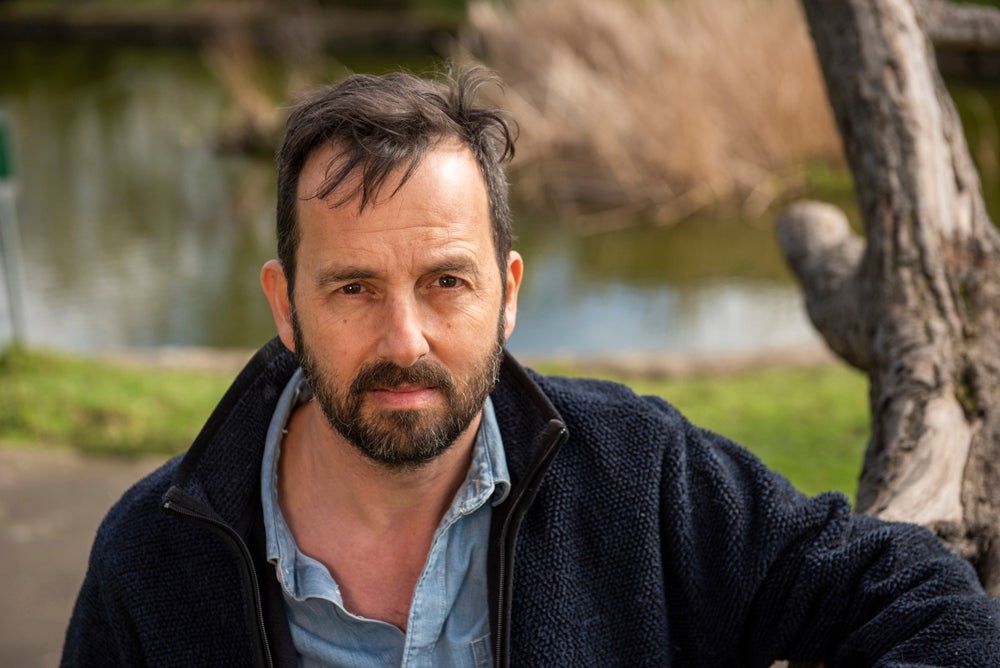
Dealing with his demons through a storyline within his latest novel, Alex, who lives in Southgate, north London, with his university payroll officer wife Paola Woolf, 49, and their children, Michael, 18, and Maya, now 15, said: “None of us ever got over Abigail’s death.
“It felt like something had been ripped away from us.
“We just kept thinking she was going to come back but, of course, she never did.”
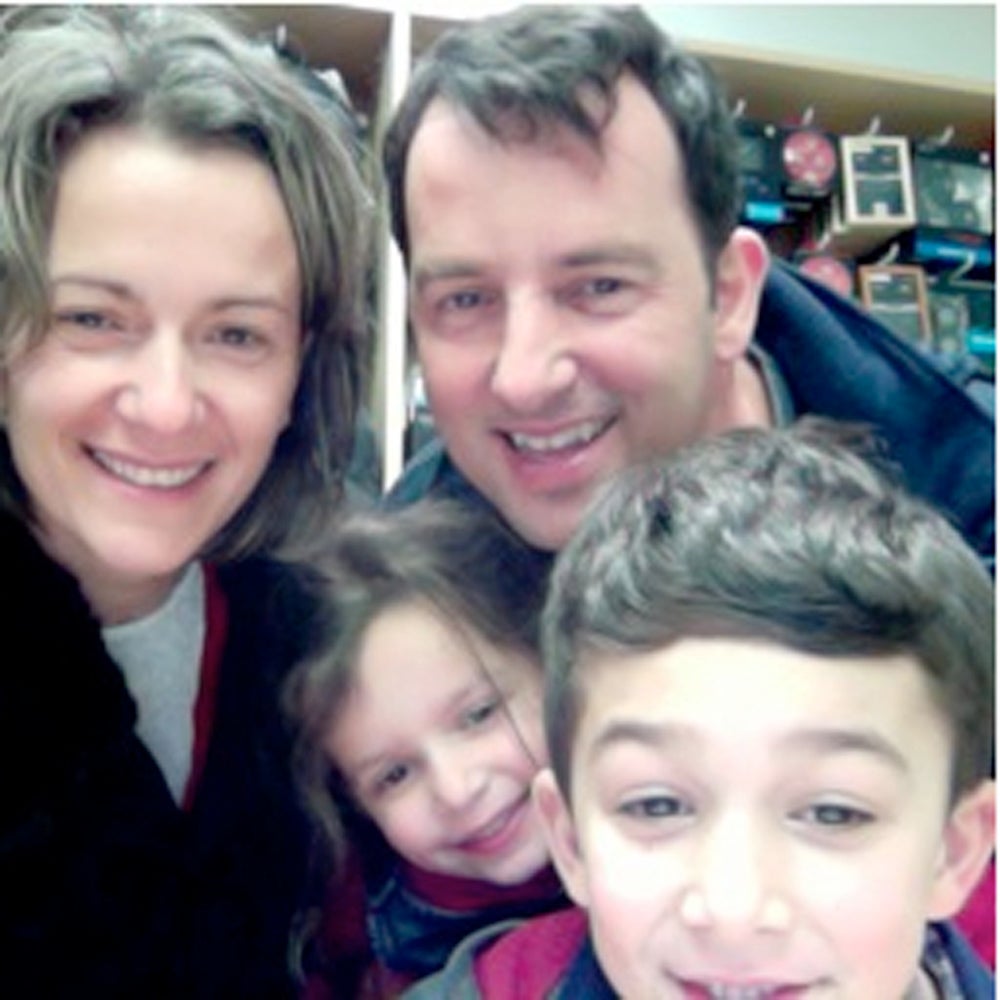
He added: “When my daughter asked me if something was under the water, it sparked something inside me.”
His daughter’s curious question was posed one morning in 2015, as they walked through an overgrown recreation ground.
He said: “There was this horrible pond covered in algae and it always gave me shivers walking by it.”
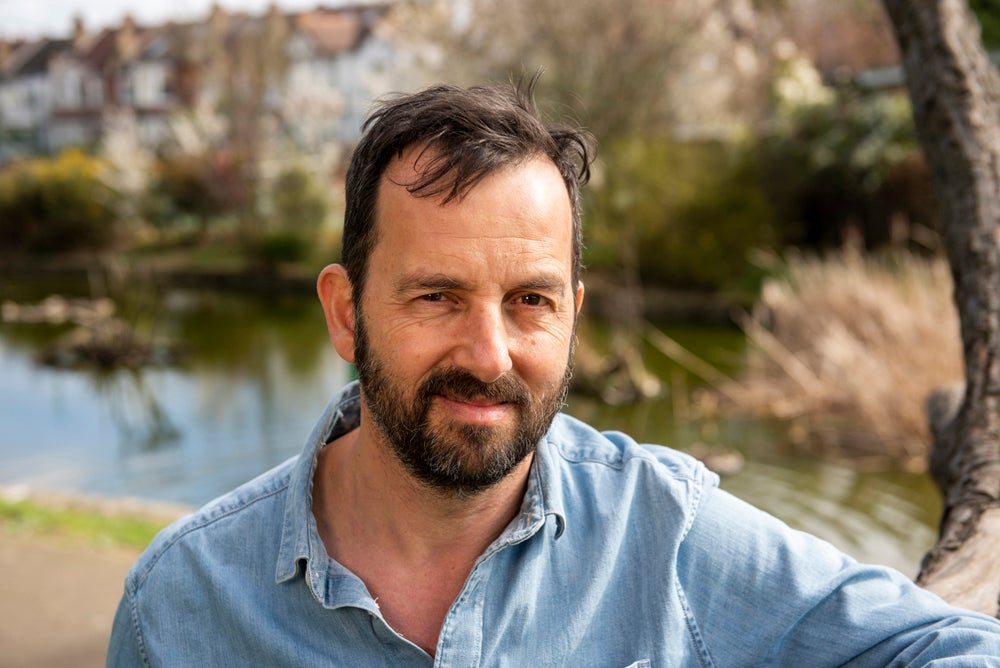
He added: “One day, my daughter asked me if anything lived in the water and it planted the seed of an idea.
“I told her nothing could possibly live under there but, after her remark, thoughts began to flow from me.
“I started to imagine what might lurk underneath and it dramatised the feelings I’d been keeping inside for so long, until they became something bigger and scarier.”
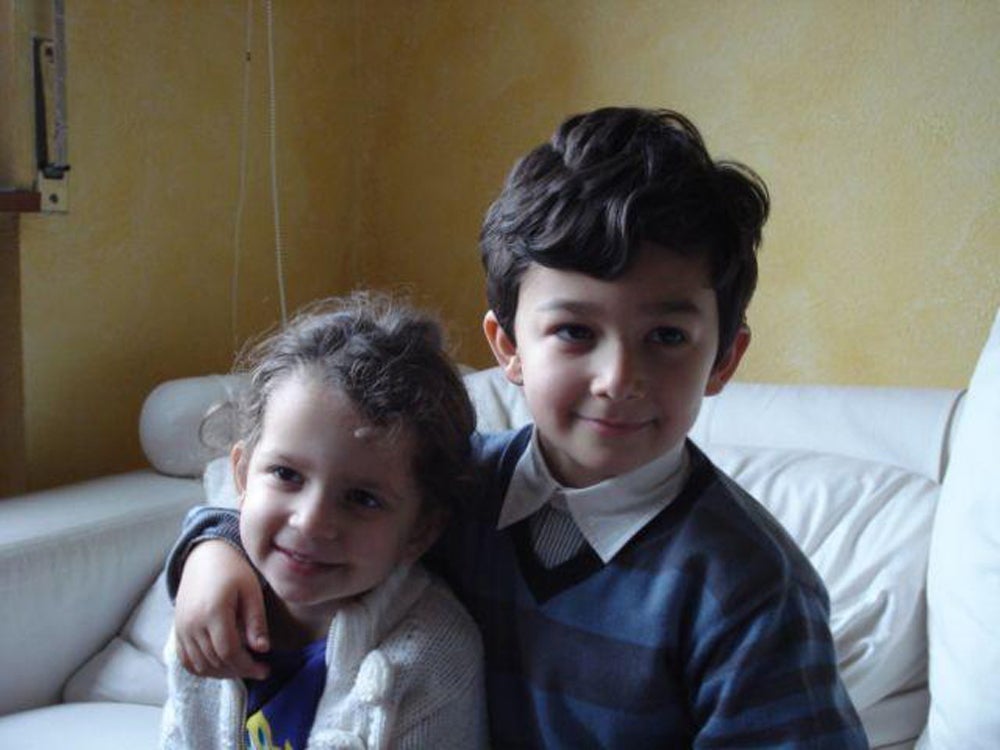
The day Abigail died, the family had been travelling home from a holiday in the Lake District.
Spotting a field a little way from the roadside, his mum, Anita Woolf, now 87, and father Emil Woolf, 84, pulled over so that they could have a picnic.
While helping his eldest brother, Carl, then nine, who is disabled, out of the car, Alex’s mum instructed him to take his sister, Abigail, and brother, Matthew, then six, to the field.
I think my parents needed to cling on to something in the wake of the tragedy.
He said: “We couldn’t actually see the meadow she had pointed to, so we followed a path going down from the side of the road to a canal.
“I remember walking down the slope towards the canal, which was covered in algae, I warned my brother and sister that there was water under the algae, because it looked solid.
“Being six, my brother didn’t think it was possible, so he dipped his toe in to check and then Abigail must have done the same, to copy him.”
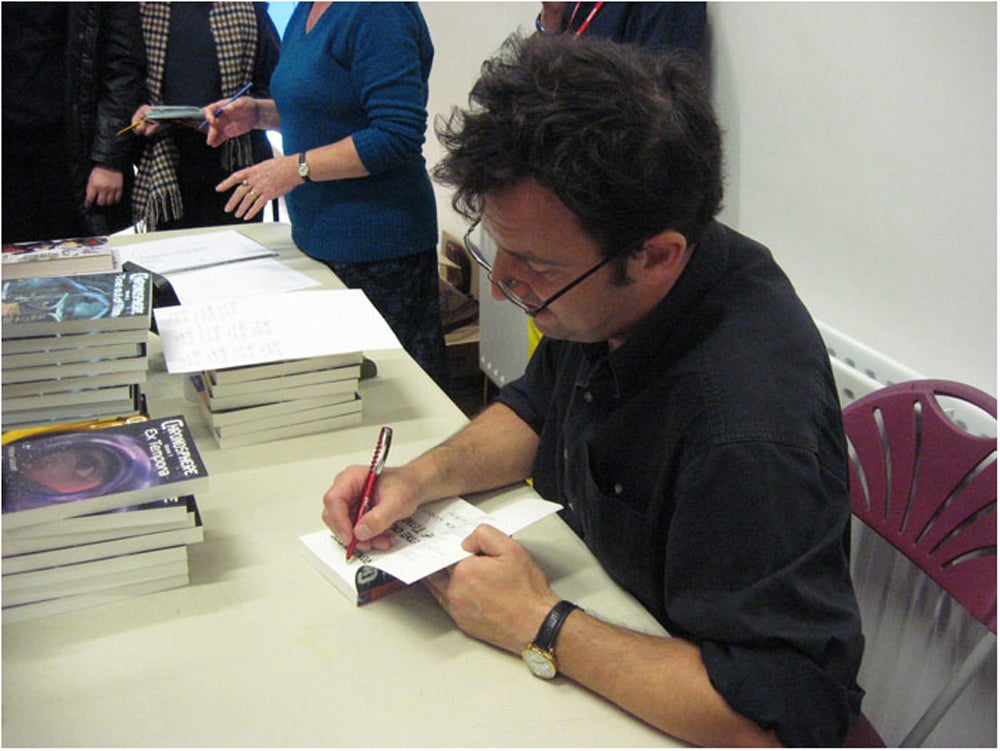
He added: “At this point, I had turned away to see where my parents were and then I heard a splash, looked back, and she was gone.
“I screamed. The next thing I remember is my father running down the bank and diving into the canal.
“I just remember him coming up, looking absolutely terrified, asking where she fell and going under five, six times, staying under for ages, but never finding her.”
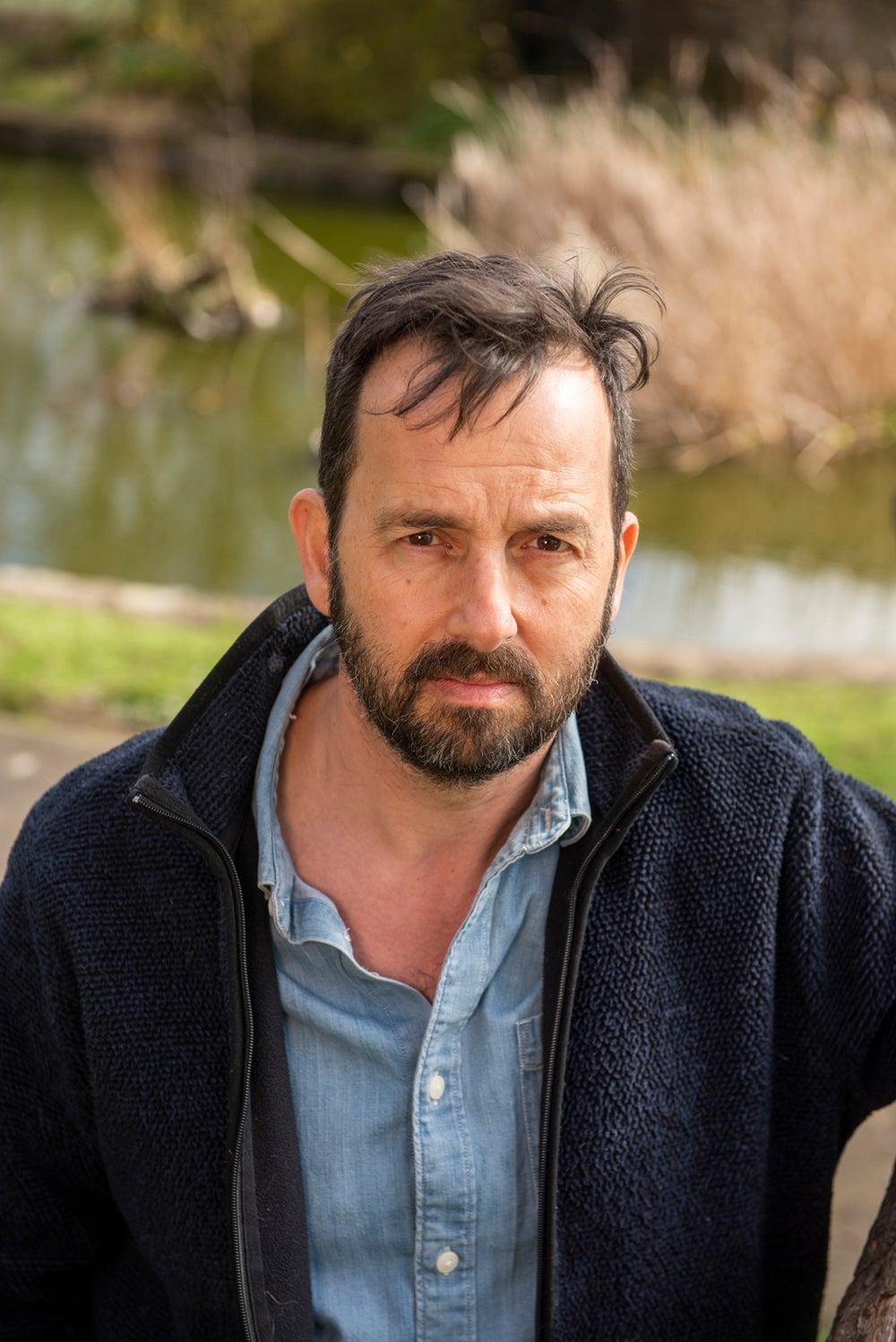
Despite his father’s desperate and repeated attempts, he failed to find Abigail, who had become wedged inside a pipe that ran underneath the road.
“I remember Mum crying and crying and the rescue teams coming along,” said Alex.
“I remember thinking it was too late, she must be dead. It had been so long.”
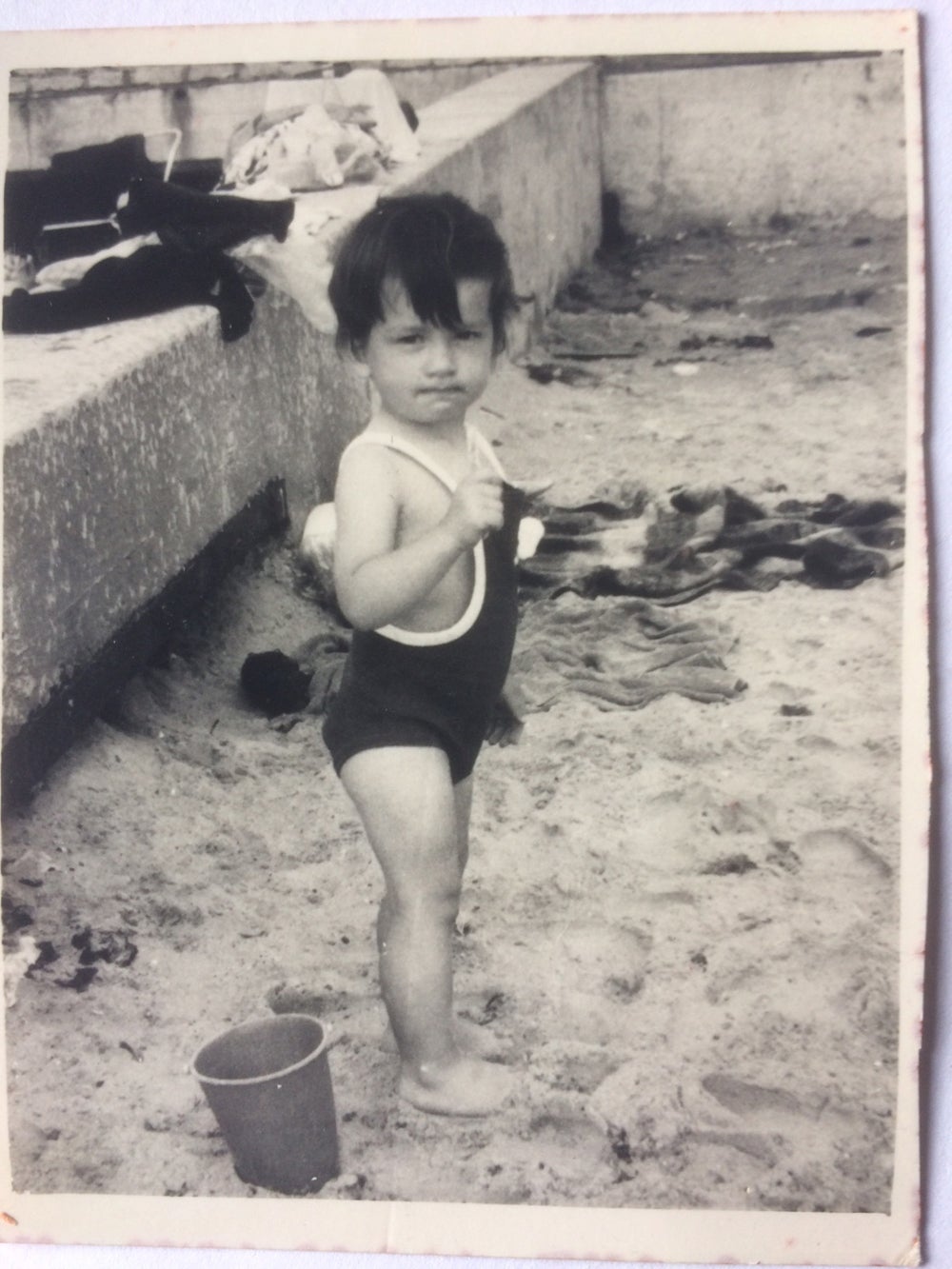
He added: “Those images have never left me.
“It was a nightmare, driving home that day with one less child in the car.”
Abigail’s death cast an indelible shadow over his formative years, as his entire family was smothered by loss.
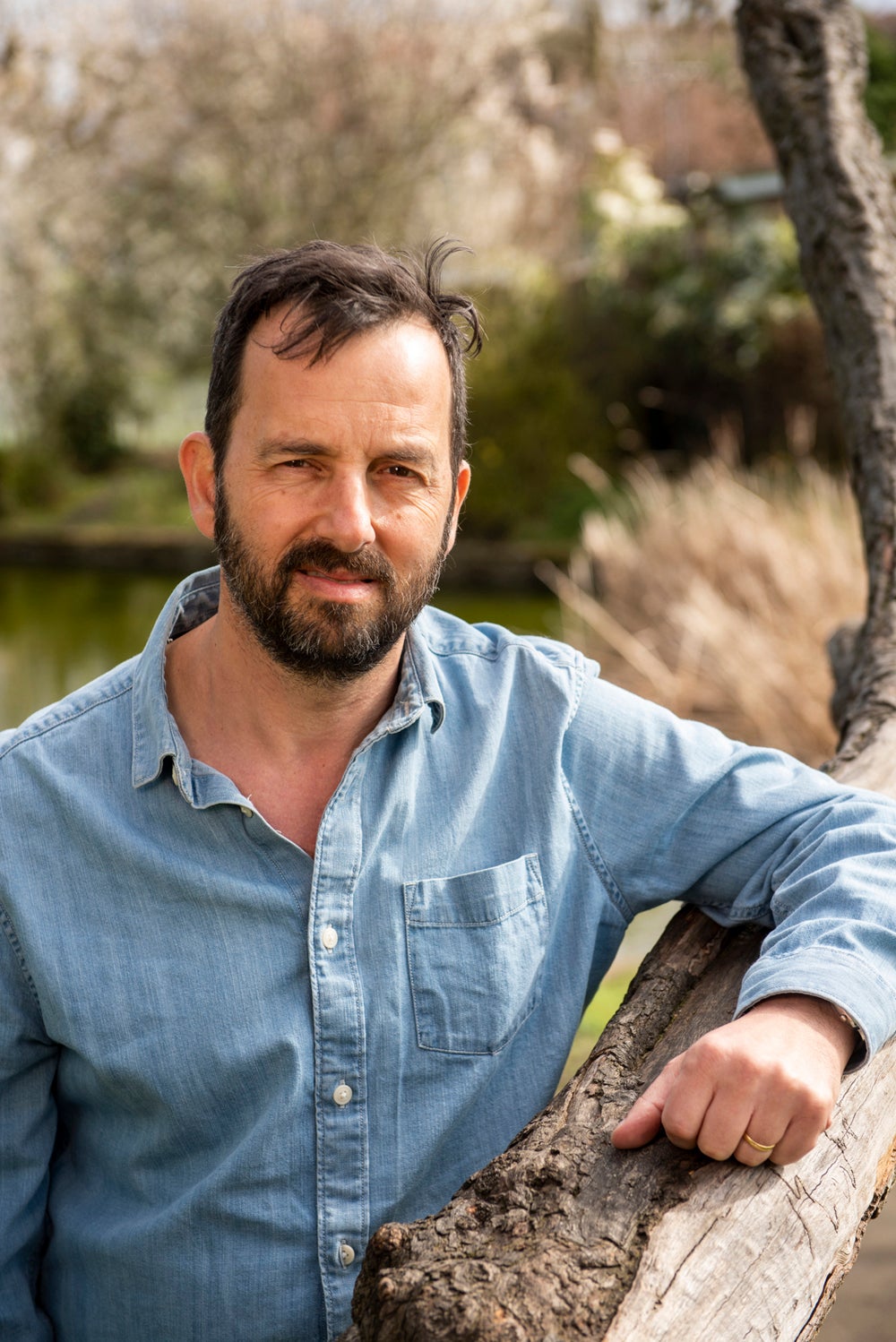
While they were already members of an intense offshoot of the Hindu religion, Alex’s parents became extremely involved in the movement following her death.
And Alex was sent to a disciplinarian school, aligned to their faith, which was later investigated for mistreatment of pupils and where he had an authoritarian education, which he says was an unhappy experience.
He said: “I think my parents needed to cling on to something in the wake of the tragedy.”
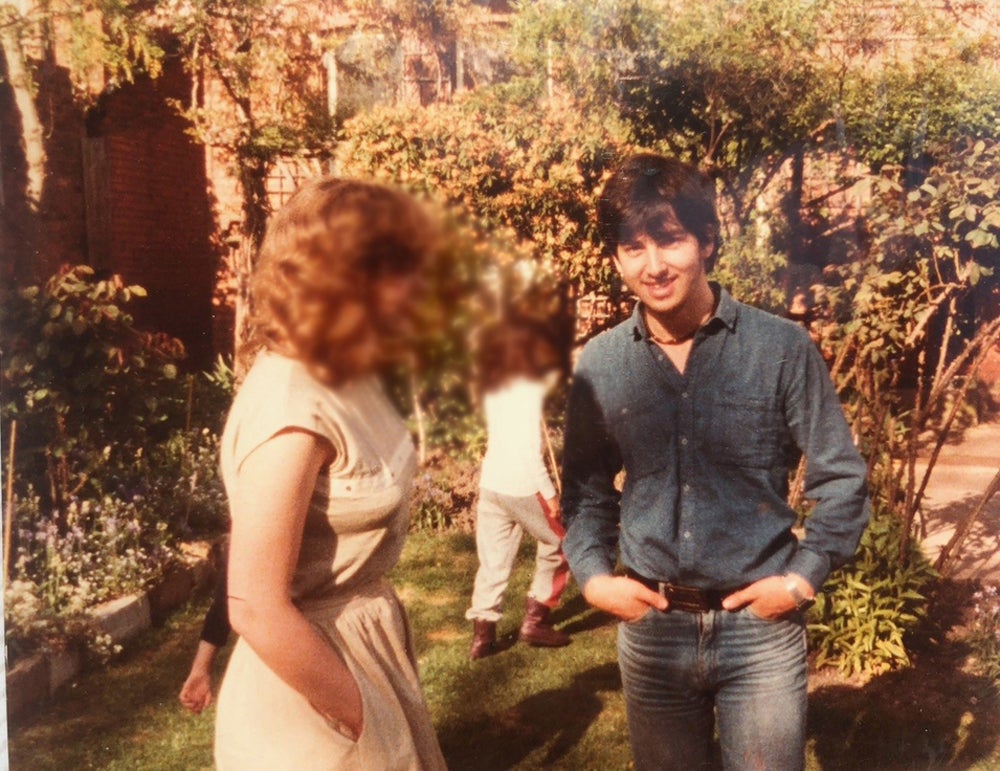
He added: “Mine was a horrible school and all these things, I believe, combined to make me a very anxious, introverted boy.
“I developed a severe stammer and I remember being terrified to stand up and read something, because I knew I wouldn’t get my words out.”
Alex drew great comfort from the half hour of meditation he had at school every day, in which he chanted a mantra.
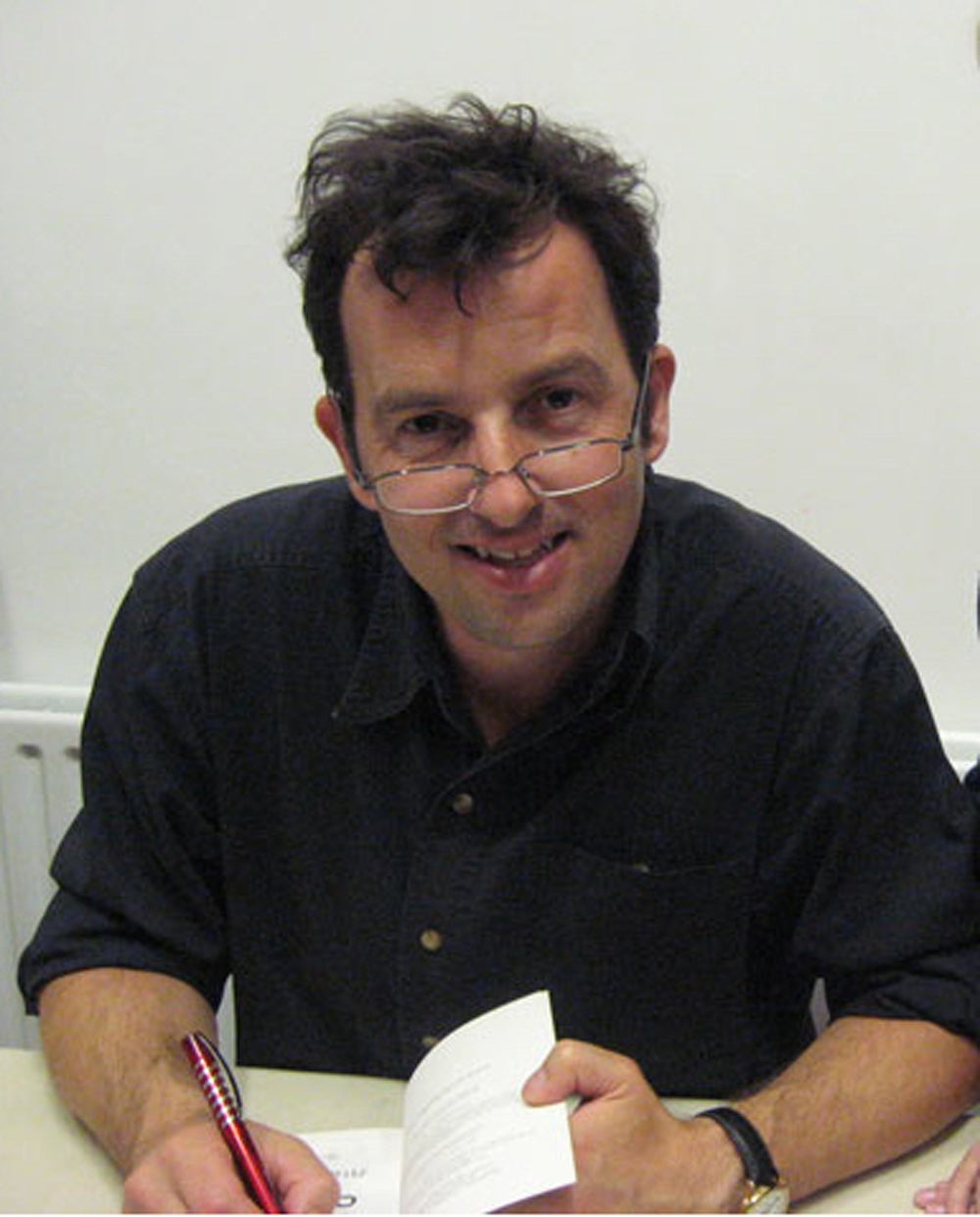
Believing this was what awoke his creative spark, he said: “We had to sit on a hard wooden chair with our eyes closed, chanting a secret word.
“The teacher would always say, ‘Follow the mantra wherever it leads.’
“I imagined the mantra as a little dog that I would follow and we would go on these adventures in my head.”
It's quite spooky that it took my own daughter to ask a question when she turned eight to make me face my own eight-year-old nightmare, but I'm glad it did.
He added: “I actually started enjoying the meditation, because it meant I could go off on these adventures, as a form of escapism.”
At home, Alex remembers his parents meditating, learning Sanskrit – an ancient Indian language – and reading aloud holy books.
Family photos were banned, watching the TV was forbidden and only classical music was allowed, as part of the strict beliefs they adhered to.
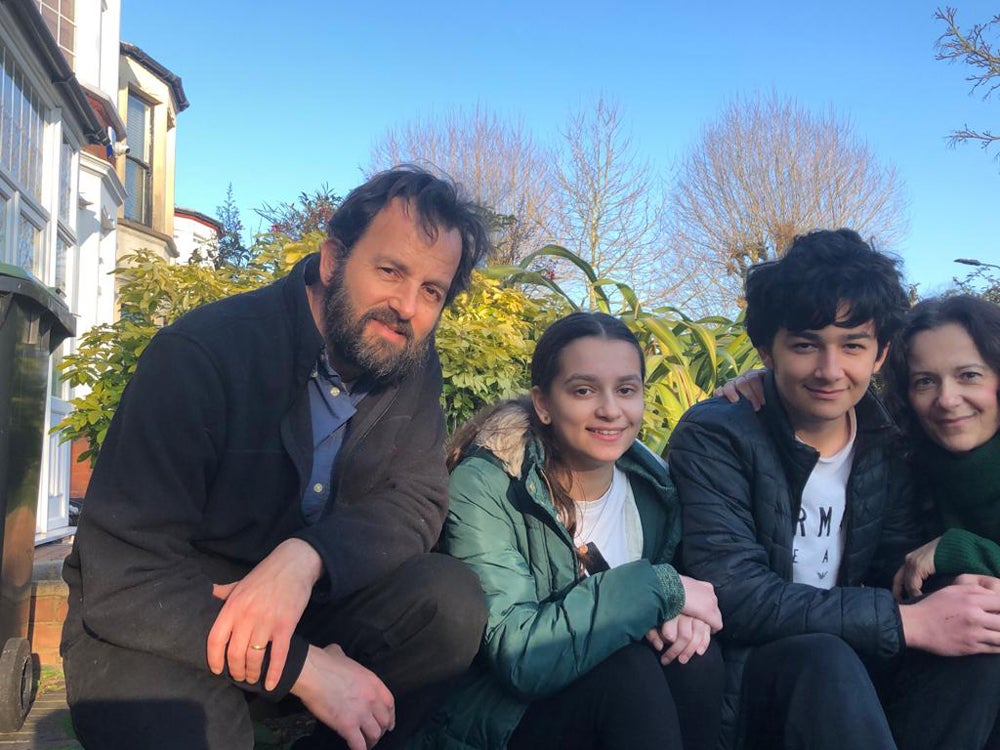
Alex said: “Photos were seen as dwelling in the past and you have to stay in the present, so they were banned as was popular music.
“I do remember being a bit jealous of other kids who could watch TV and do things we couldn’t. ”
Eventually, disillusioned with the faith movement, his mother cut her ties with it and moved Alex to another school for his final years.
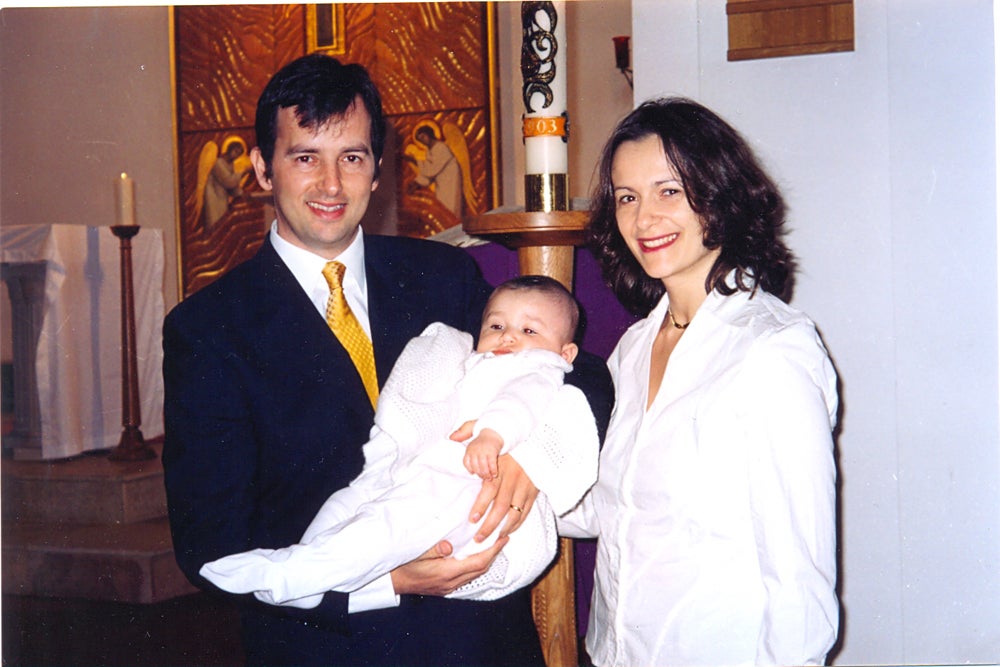
After a rocky start adjusting, by the time he started at the University of Essex in Colchester, he had found his feet and enjoyed studying history and politics.
But, lacking confidence and self-belief, Alex struggled to find the right career path.
He said: “Back then, I lacked the confidence to believe that I could be a professional writer.”
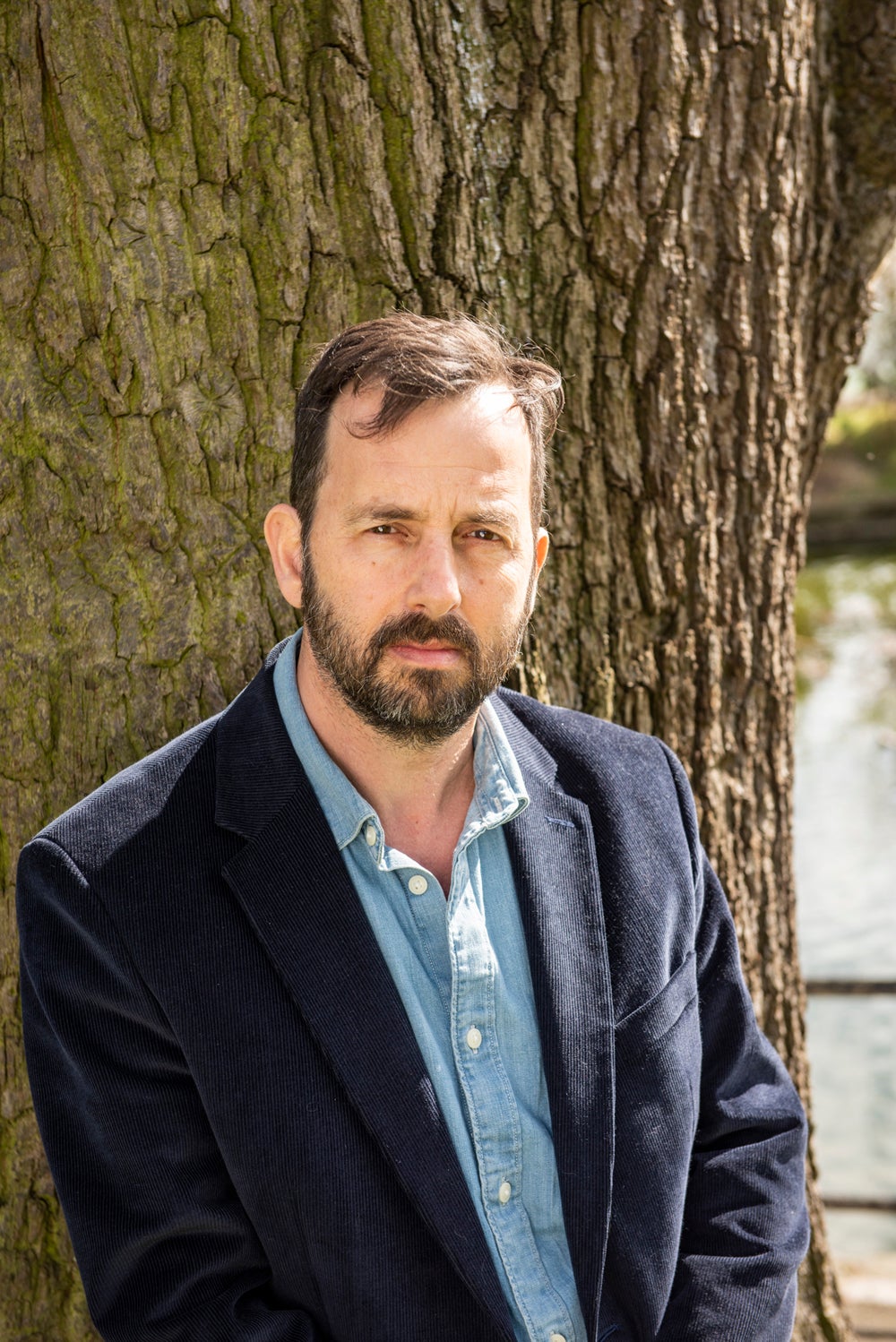
He added: “So, after university, very weirdly, I decided to become an accountant, which lasted a total of six months before I found publishing.”
Despite his childhood dream to be an author, it took Alex until his 40s to start writing professionally.
Then, nothing could hold him back.
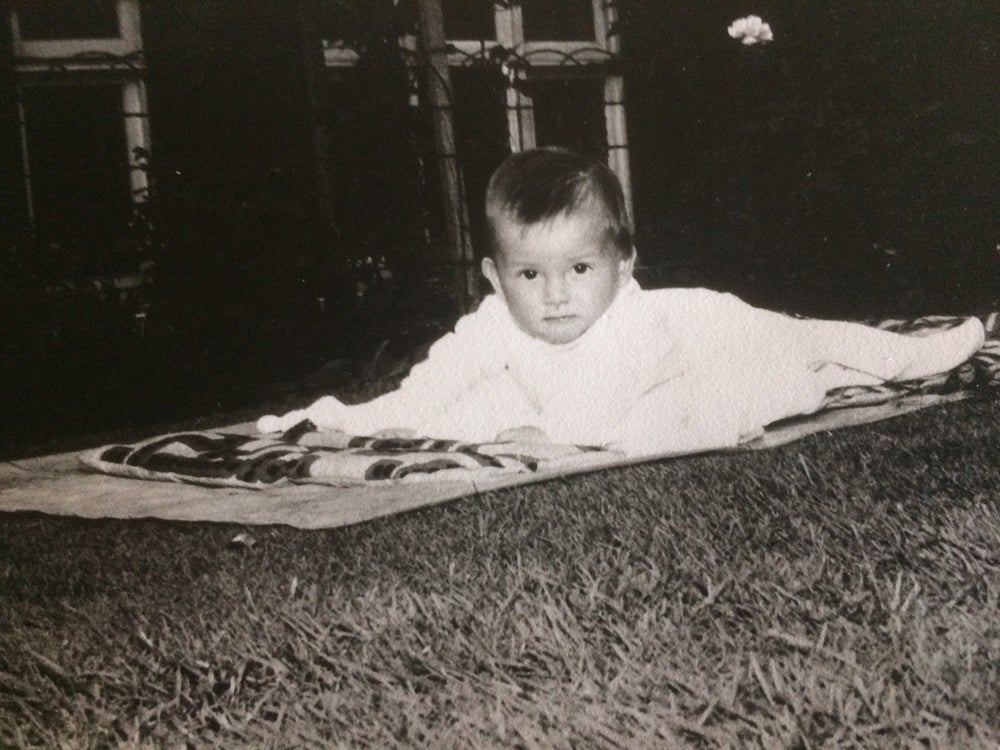
He has now had more than 200 books published, including children’s non-fiction, young adults’ fiction and thrillers.
But in his latest novel, Mr Jones, published in January 2022, he injected a biographical element and helped to cleanse his soul in the process.
He said: “I’ve always had an aversion to green spaces that have been left to go wild and the swamp in the pond that my daughter pointed out took my imagination to some pretty dark places.”
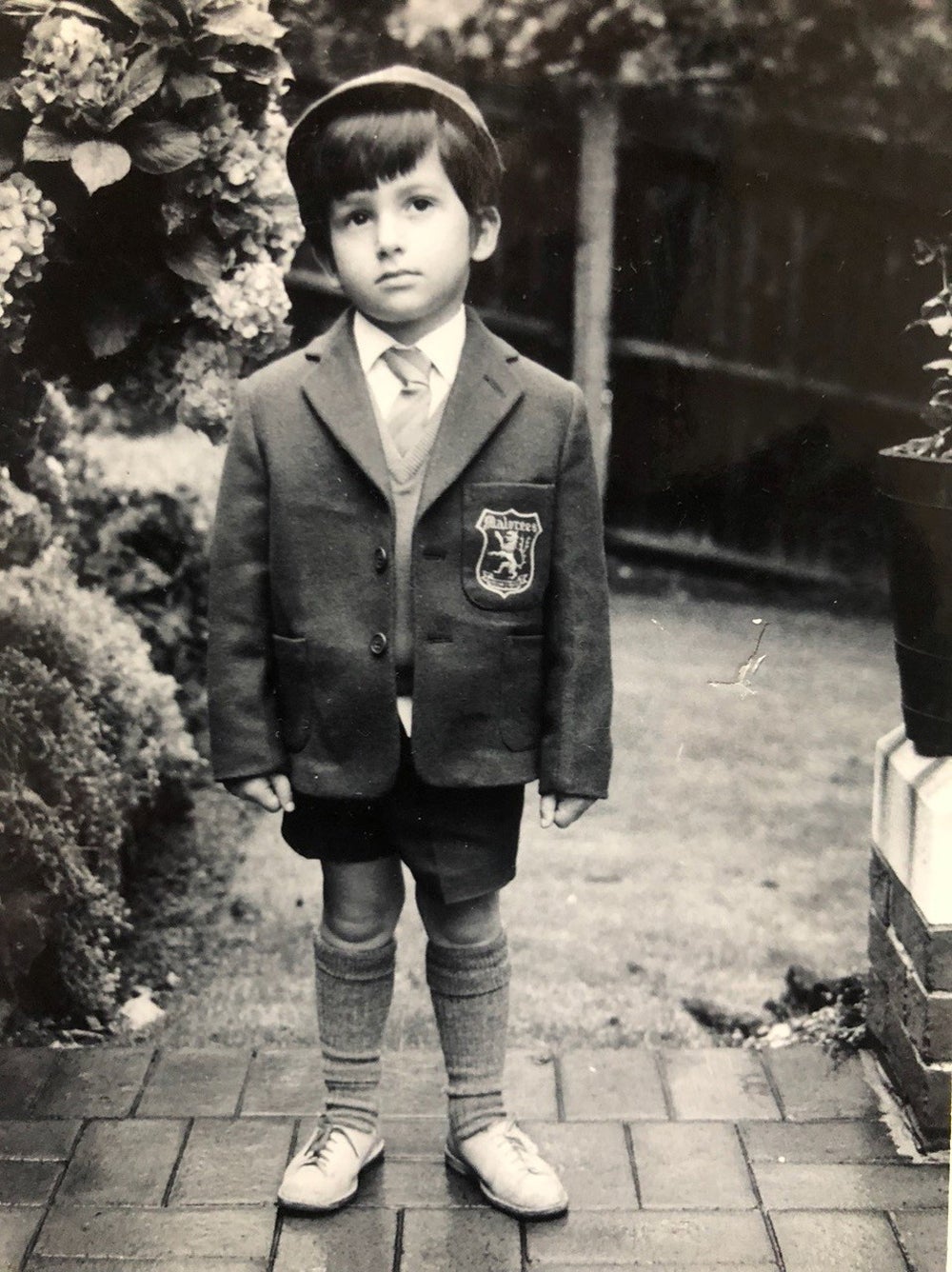
He added: “I think our brains work through trauma in ways we probably don’t even understand.
“When I wrote Mr Jones, I wasn’t even thinking about Abigail. It was my mother who read it and said, ‘This is about Abigail, isn’t it?’ Suddenly, I realised that it partly was.
“And I realised that must be why I have such a dislike of the water in the pond.”
I actually started enjoying the meditation, because it meant I could go off on these adventures, as a form of escapism.
The novel follows a stressed-out single father called Ben, who has a creeping suspicion someone is out to kidnap his eight year old daughter, Imogen.
Weird messages and bizarre goings-on start to ensue while a terrifying entity called Mr Jones starts to haunt the imaginations of children at his daughter’s school – blurring reality with fantasy.
Unlike any other novel he has written, Alex feels both pride and nerves when considering his latest achievement.
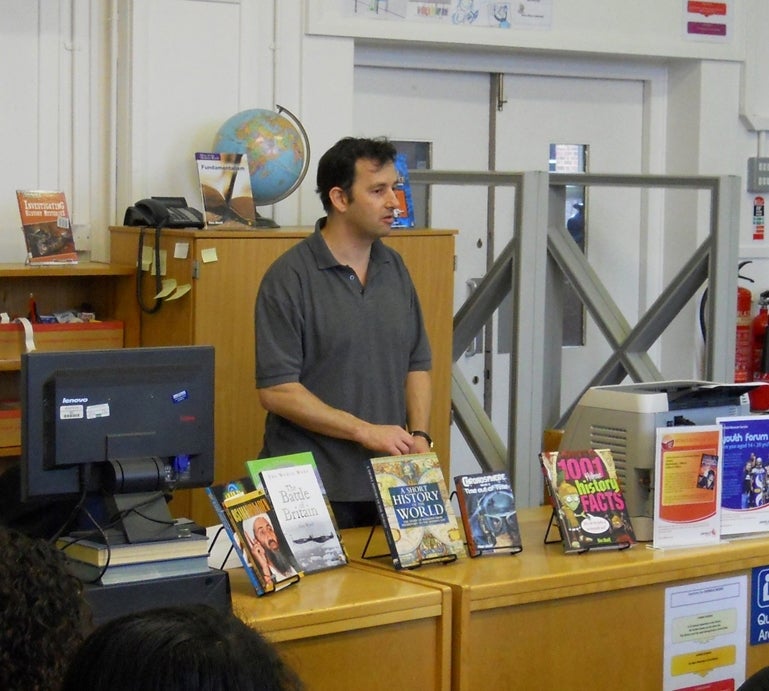
“It is definitely a bit scary, this personal stuff,” he said.
“It’s not what I thought I would do, but I am glad it’s out there now and I feel proud I have done it.”
He added: “It’s quite spooky that it took my own daughter to ask a question when she turned eight to make me face my own eight-year-old nightmare, but I’m glad it did.”
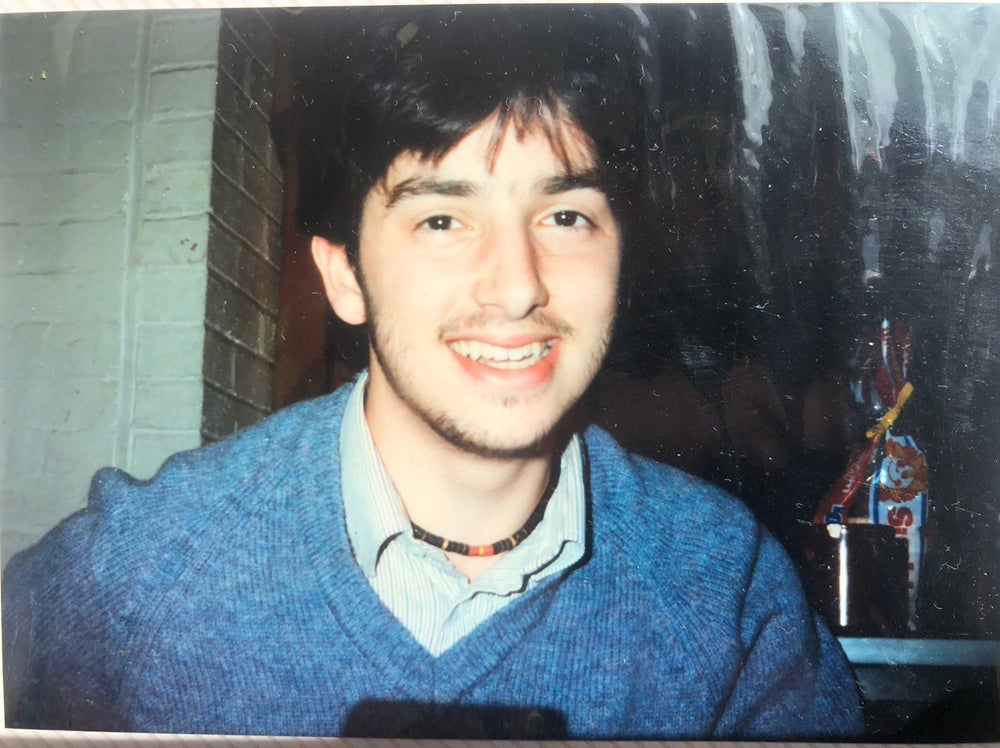
Mr Jones Amazon: www.uk.bookshop.org/books/mr-jones-9781739959920/9781739959920







